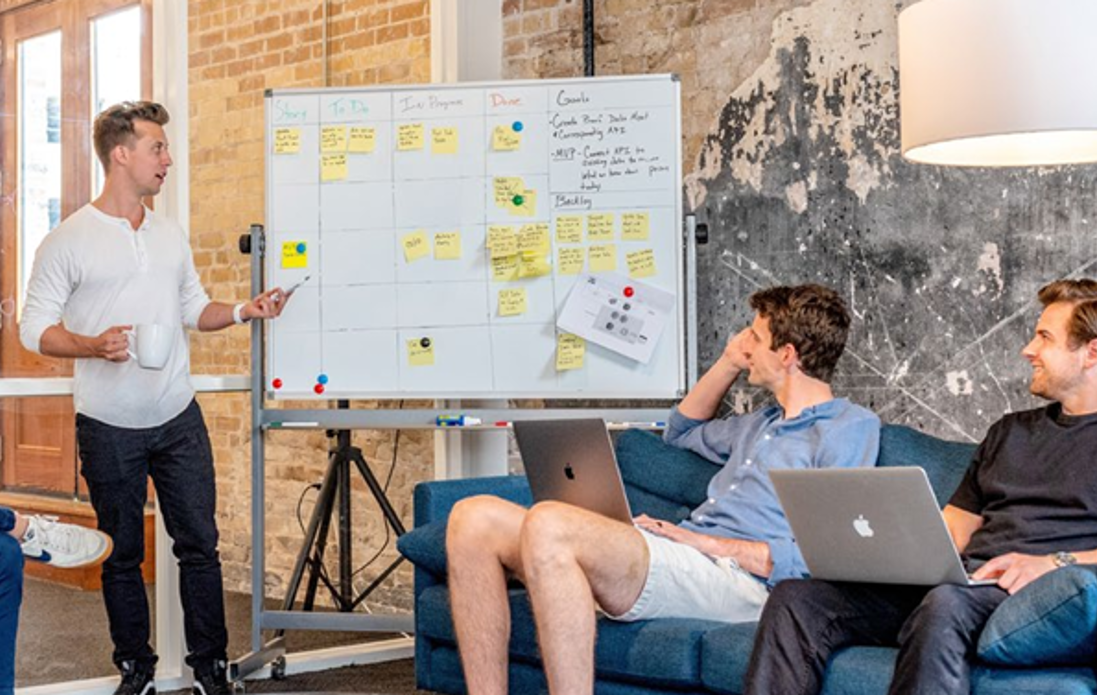#Innovation, #Learning, #Trends
The importance of continuous education becomes evident and pressing, transcending traditional learning limitations. The constant acquisition of knowledge is presented as an inescapable necessity to face the dynamic challenges of the 21st century.
Collaboration among educational institutions, employers, governments, and society at large emerges as a cornerstone for the sustainable development of skills. An integrated approach involving all key stakeholders is essential for the effective preparation of the workforce and the advancement of communities.
Envisioning the educational future involves recognizing the need for a harmonious blend of primary, secondary, and tertiary education, along with a continuous focus on skill development throughout life. This comprehensive combination provides a solid foundation to tackle changing challenges and seize emerging opportunities.
Although cutting-edge skills such as artificial intelligence and creative thinking stand out in the current landscape, a discernible gap persists between what is taught in formal educational settings and the practical skills demanded by the industry. Addressing this disparity becomes imperative for truly relevant education.
We face pressing challenges related to access to education, work-life balance, and changes in educational policies. Effectively addressing these issues requires immediate action and constant adaptation to ensure an inclusive and equitable educational system.
The disruption caused by artificial intelligence accelerates the transition towards the primacy of human skills such as creativity, communication, and adaptability. This paradigm shift underscores the need to cultivate these essential skills to prepare future generations for a constantly evolving work environment.
👉 Check out the 40min panel discussion video: bit.ly/3SN1Be9

Adopting a skills-first approach is crucial to overcoming talent shortages and fostering diversity and inclusion.
Accessibility Tools